The Living Worlds: AI's Mastery in Modern Open World Games
Explore how cutting-edge AI in 2025 gaming elevates immersive experiences, crafting dynamic worlds where NPCs and enemies redefine realism and unpredictability.
In the vast tapestry of digital realms, artificial intelligence weaves threads of life, transforming static landscapes into breathing ecosystems where every shadow holds a story. For decades, games have harnessed AI to craft worlds that pulse with authenticity, turning NPCs into sentient beings and enemies into cunning adversaries. When AI falters, the illusion unravels, leaving players adrift in a hollow shell; but when it excels, it elevates the experience to poetry in motion. In 2025, the latest titles push boundaries, making us question what it means to truly inhabit a virtual space. 🎮
Diving into the fray, Ghost Recon: Breakpoint stands as a testament to relentless pursuit. Initially met with lukewarm reception, it now shines with AI that's sharp as a tack. Players aren't just infiltrators; they're the hunted, facing enemies who don't miss a beat. Any vague sighting triggers alarms, summoning reinforcements that rush from blind spots or smoke you out with grenades. People Also Ask: How does the AI make you feel like prey in survival scenarios? It's a high-stakes game of cat and mouse where failure isn't an option—prepare to be outsmarted or go down swinging. 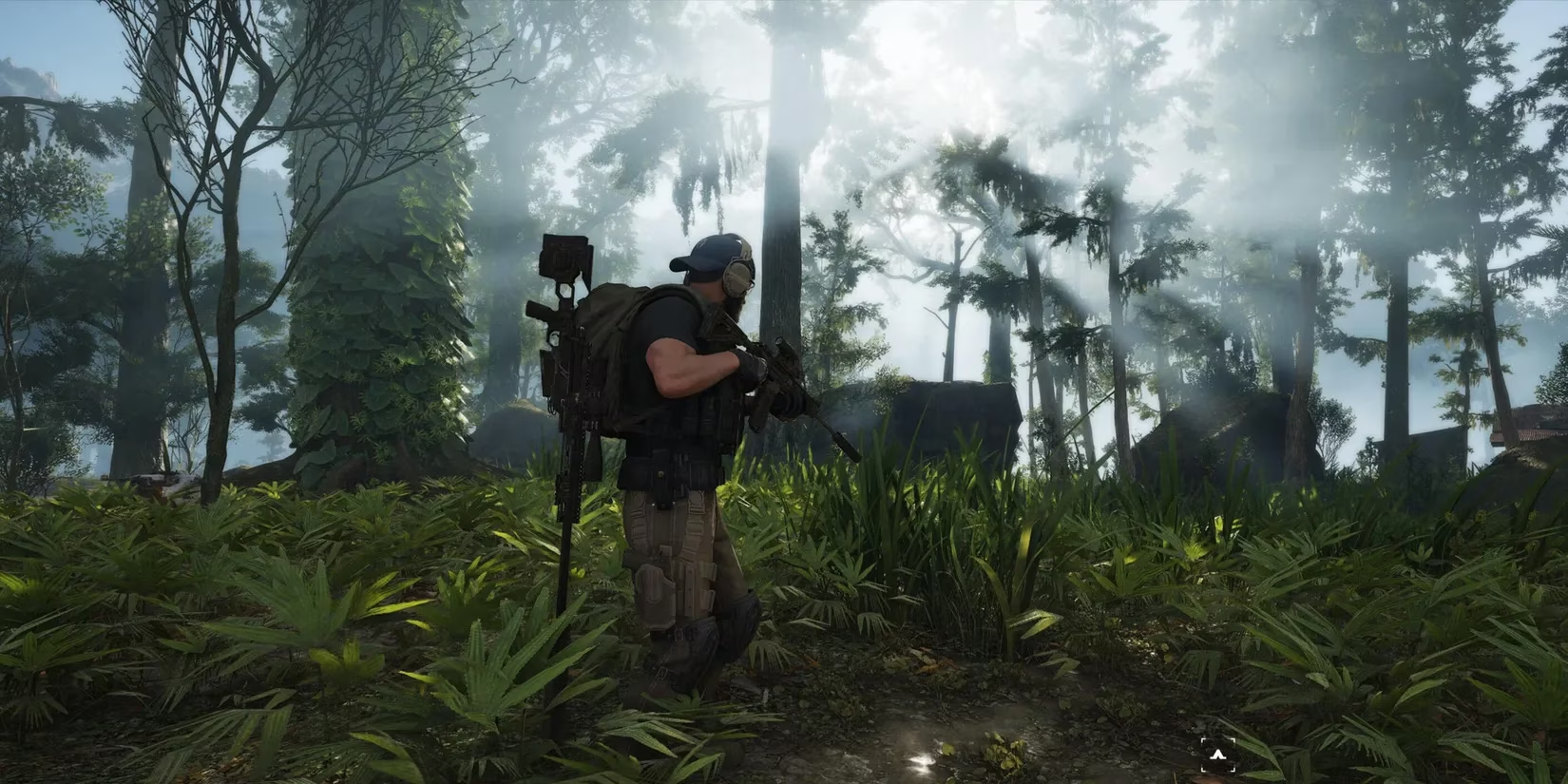
Next, Metal Gear Solid V: The Phantom Pain redefines adaptability. Guards here aren't pushovers; they investigate every nook and cranny, forcing players to think on the fly. Abuse headshots, and they don helmets; cut the power, and they communicate like a well-oiled machine. People Also Ask: What innovations in enemy AI create unpredictable gameplay dynamics? This isn't your grandpa's stealth game—it's a dance of wits where endless approaches keep you on your toes, proving that out-of-the-blue surprises are half the fun. 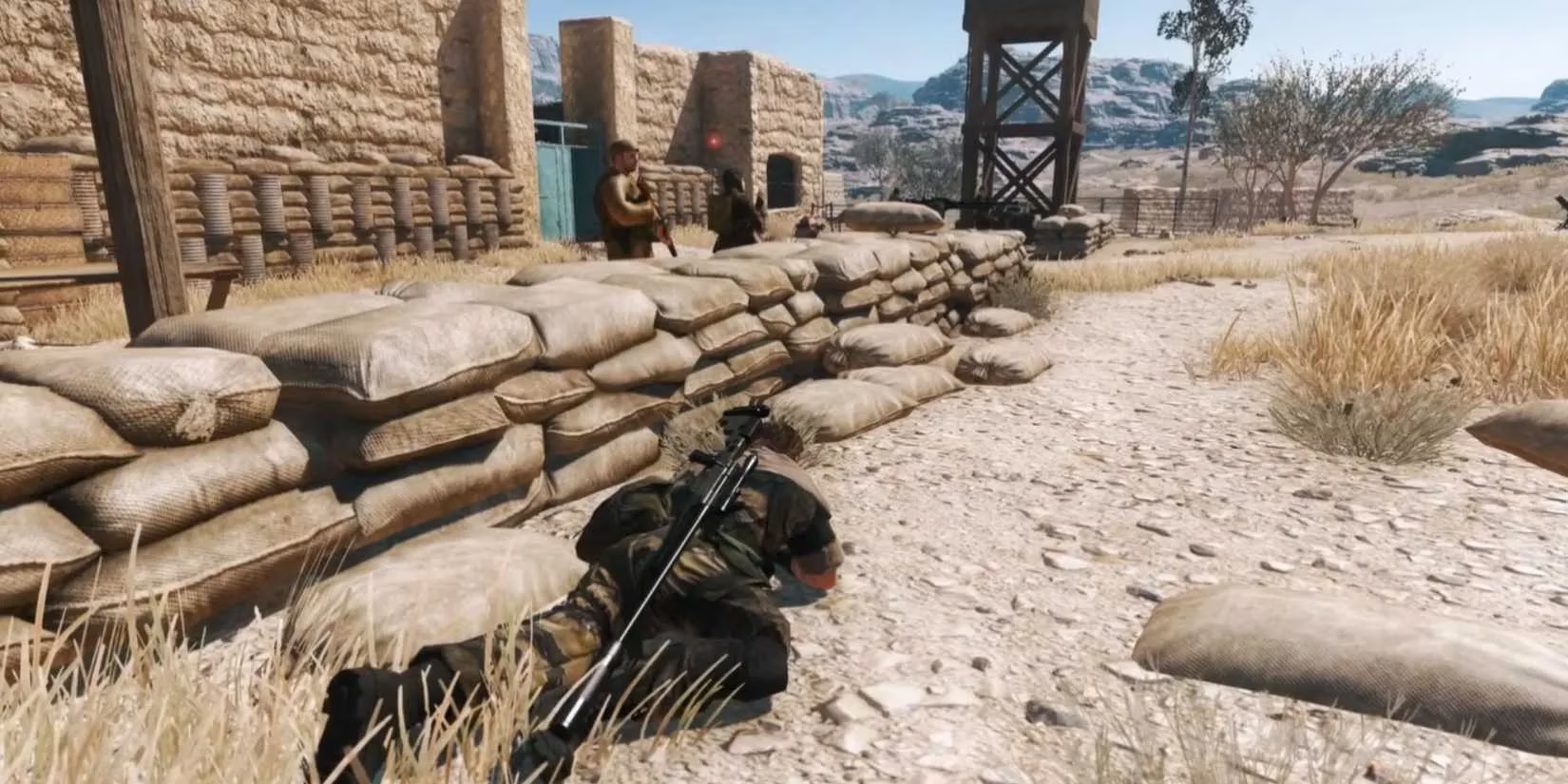
Middle-Earth: Shadow of War introduces the Nemesis system, where Orcs evolve with chilling intelligence. Fail to kill one, and they rise in power, mocking your past defeats with swagger. Defections and betrayals add layers, making each encounter a unique tale. People Also Ask: How does adaptive AI enhance character development in RPGs? It's a wild ride that leaves players dumbfounded, showcasing AI that rarely repeats, like a fine wine that gets better with age. 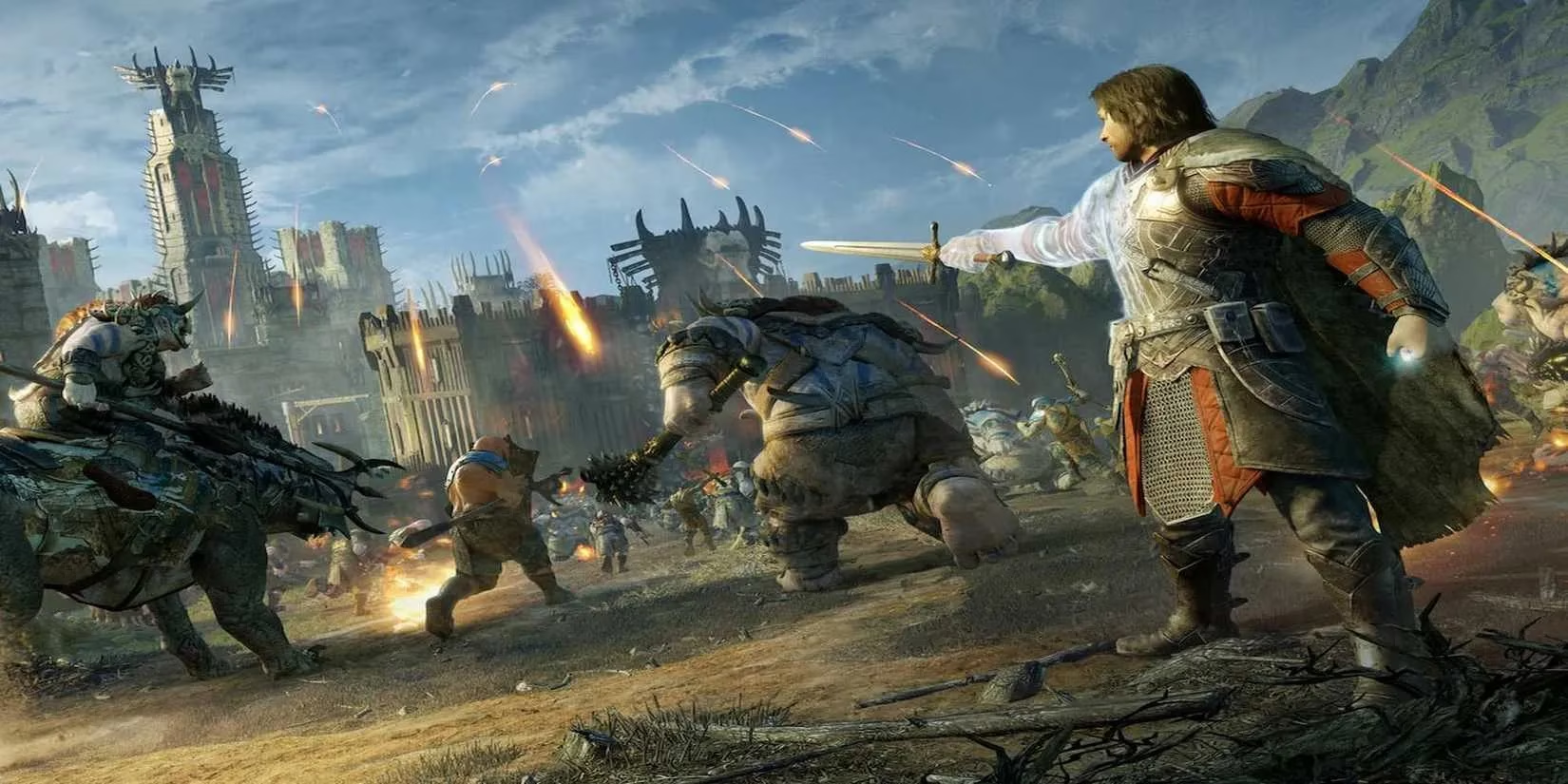
Days Gone terrifies with its horde mechanics. Freakers move as a hive mind, relentless and unforgiving—once spotted, there's no escape. It's a wow moment in gaming, where ammo runs dry and panic sets in. People Also Ask: What makes zombie AI feel genuinely threatening in horror titles? This ain't your average scare; it's a heart-pounding chase that nails the feeling of being hunted to perfection. 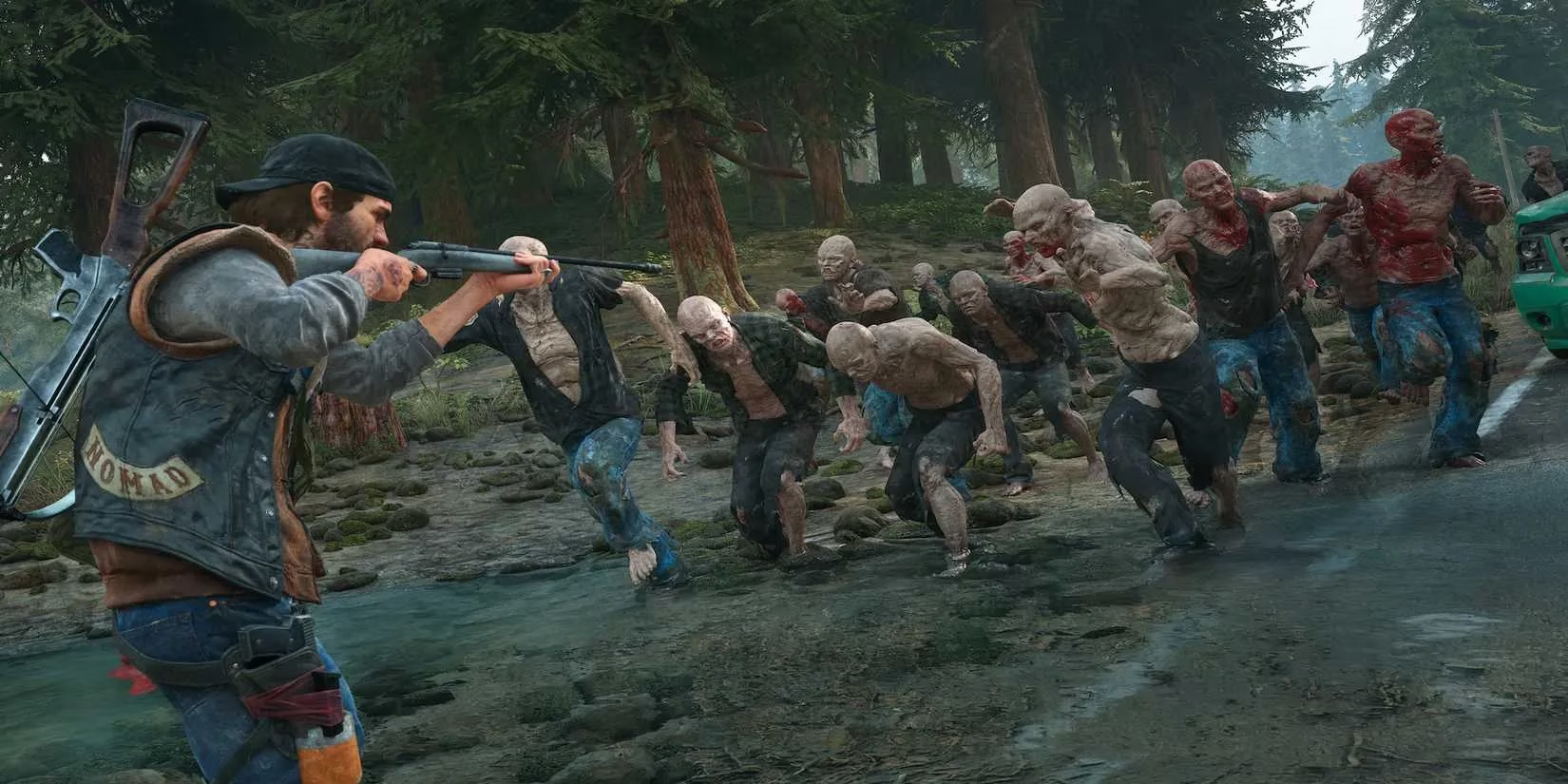
State of Decay 2 flips the script on zombie apocalypses. By day, it's manageable; by night, AI cranks up the terror with deceptive speed and varied behaviors. Supply runs become mad dashes, and different zombie types keep you guessing. People Also Ask: How does environmental AI amplify survival horror elements? You're never safe, and that's the kicker—most horror games don't hold a candle to this nail-biting tension. 
Kingdom Come: Deliverance 2, released in 2025, immerses through brutal realism. Combat AI mirrors your moves—overuse a strike, and enemies counter accordingly. Stealth adds quirks like enemies smelling your unwashed stench. People Also Ask: What role does AI play in creating historical authenticity? It's cutting-edge stuff that makes medieval life feel raw and real, a far cry from fantasy fluff. 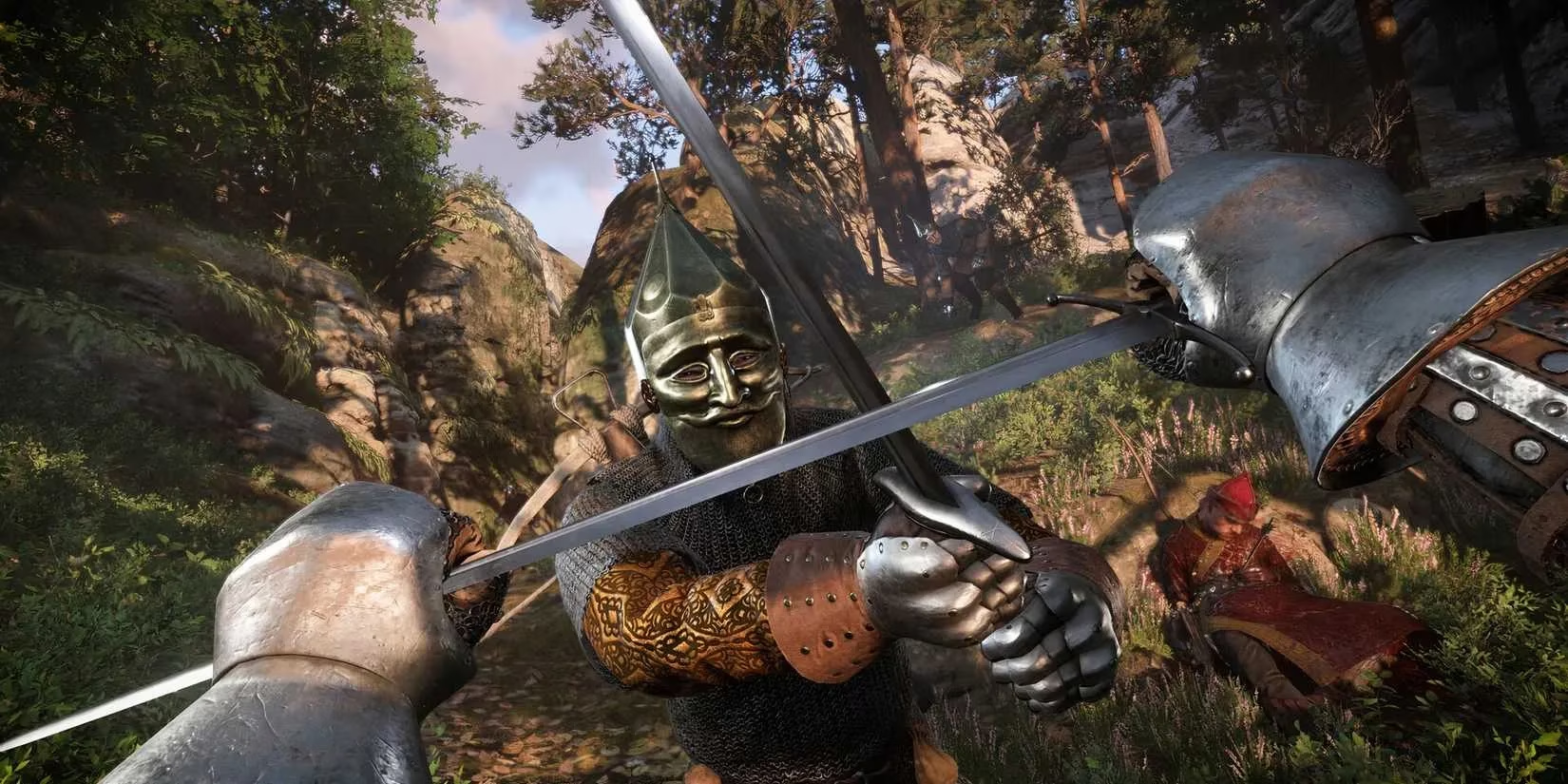
Dragon's Dogma 2 showcases monster intelligence that's downright devious. Goblins gang up, dragons retaliate with taunts, and cyclops smash you into mountains. People Also Ask: How do enemy behaviors in RPGs create emergent storytelling? It's a blast of unpredictability where foes don't play fair—they give as good as they get, turning every skirmish into a wild tale. 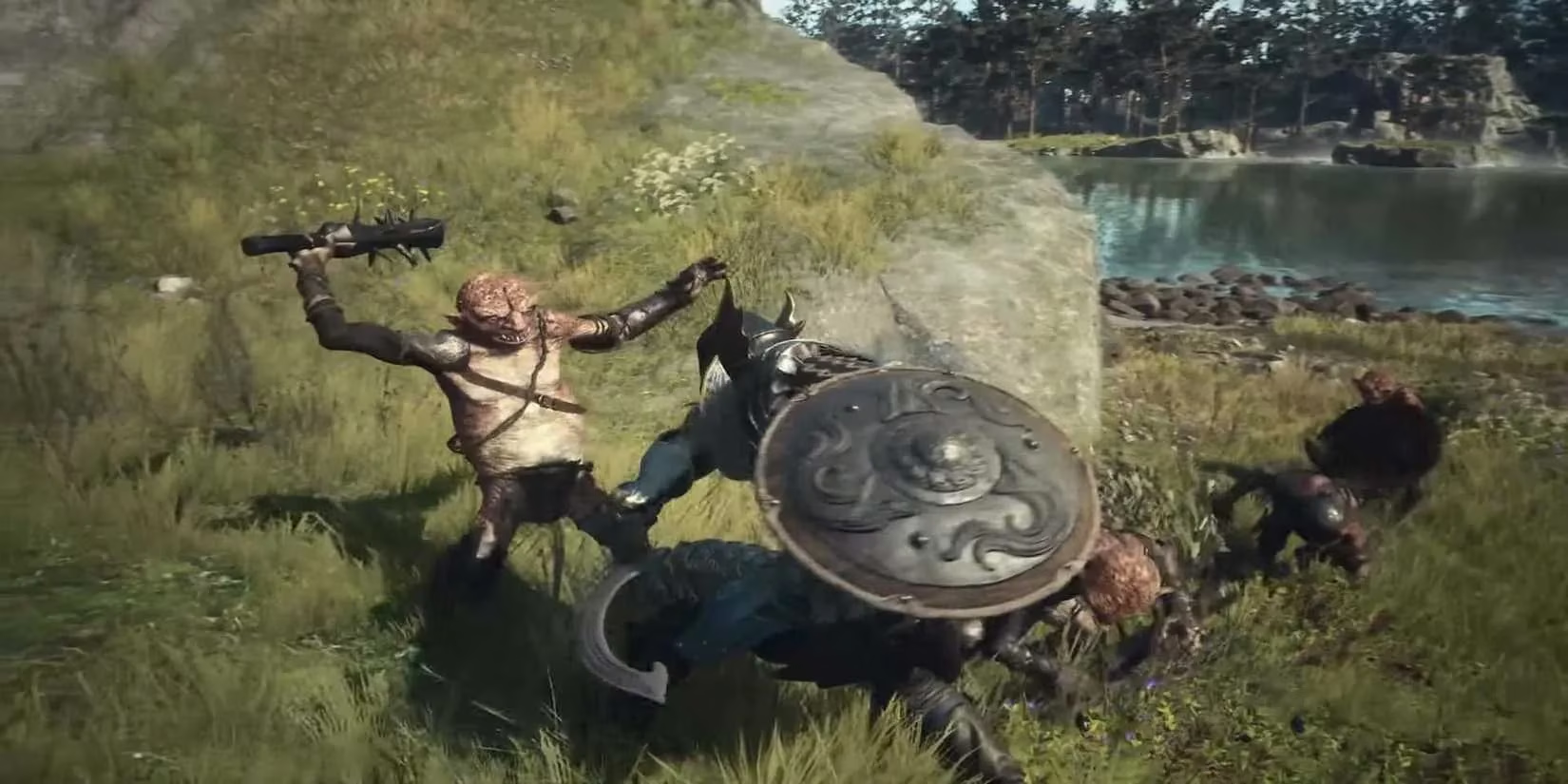
Monster Hunter: World crafts a living ecosystem where beasts roam, fight each other, and react to intrusions. Witnessing independent boss battles is a mind-bender. People Also Ask: Can AI simulate realistic animal behaviors in games? You're just a visitor in nature's domain, and the AI sells it hook, line, and sinker. 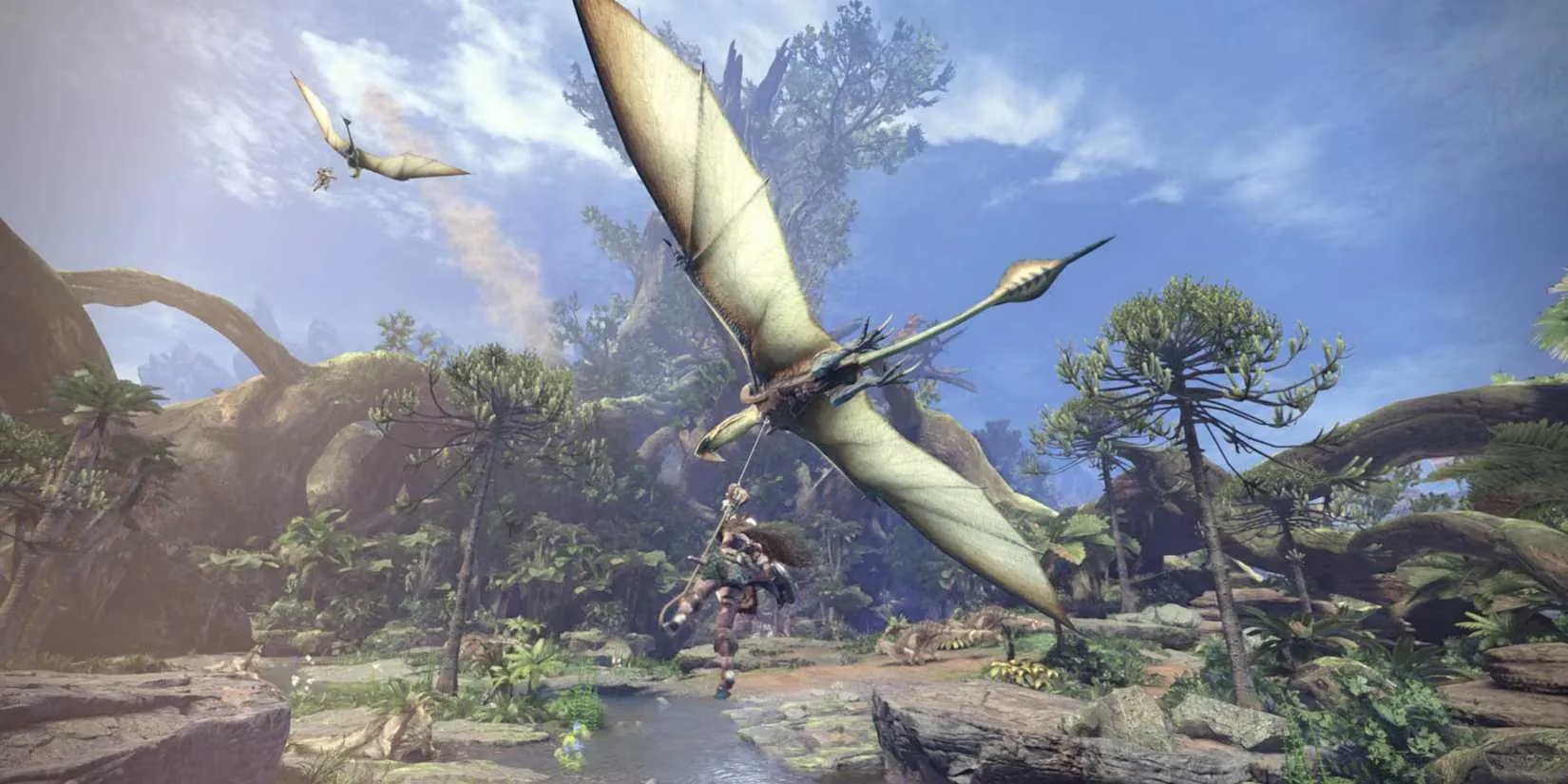
Red Dead Redemption 2 immerses with NPCs living full lives. Commit a crime, and witnesses remember you, sparking chains of consequences. Horses react to chaos, adding layers of guilt. People Also Ask: How does reactive AI deepen moral choices in narratives? It's not just a game; it's a slice of the Old West where actions ripple like stones in a pond. 
STALKER 2: Heart of Chornobyl, fresh in 2025, terrifies with AI that exploits players. Monsters stalk like prey, soldiers flank with desperation, and health vanishes in seconds. People Also Ask: What makes survival AI feel genuinely desperate and unpredictable? It's a brutal dance where you're not the hunter—you're the hunted, and that's a game-changer. 
As these worlds unfold, a question lingers: in an era where AI blurs lines between real and virtual, how will future innovations reshape our connection to these digital realms? Will players evolve alongside smarter foes, or will the pursuit of immersion lead us down uncharted paths? 🤔